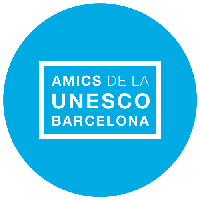Human reproduction. Past, present and future
22 November
Montse Boada’s lecture aims to elucidate the intricacies of human assisted reproduction, its possibilities, and the ethical considerations essential for ensuring its responsible use not only in the present, but also in the future.
Assisted reproduction, initially introduced as a solution for infertility and to help couples facing difficulties in conceiving, has evolved to encompass a wide range of applications. These include enabling reproduction for individuals without a partner or same-sex couples, the preservation of gametes or embryos to extend fertility into later stages of life, and the reduction of risks associated with certain genetic anomalies in offspring, for example.
The use of these techniques has seen a significant increase in recent years. The reasons behind this upsurge are not solely medical; there is also a significant social component. Delayed motherhood and diverse family structures are the main causes for this phenomenon. Defining our collective vision for the future of reproduction will undoubtedly emerge as one of the challenges we must confront as a society.
Montse Boada is the director of the Dexeus Dona Assisted Reproduction Clinic.
Registration
22 November at 6:30 p.m.
In-person activity
Offices of Amics de la UNESCO de Barcelona
c/Mallorca, 207 Barcelona
Event organized in collaboration with
